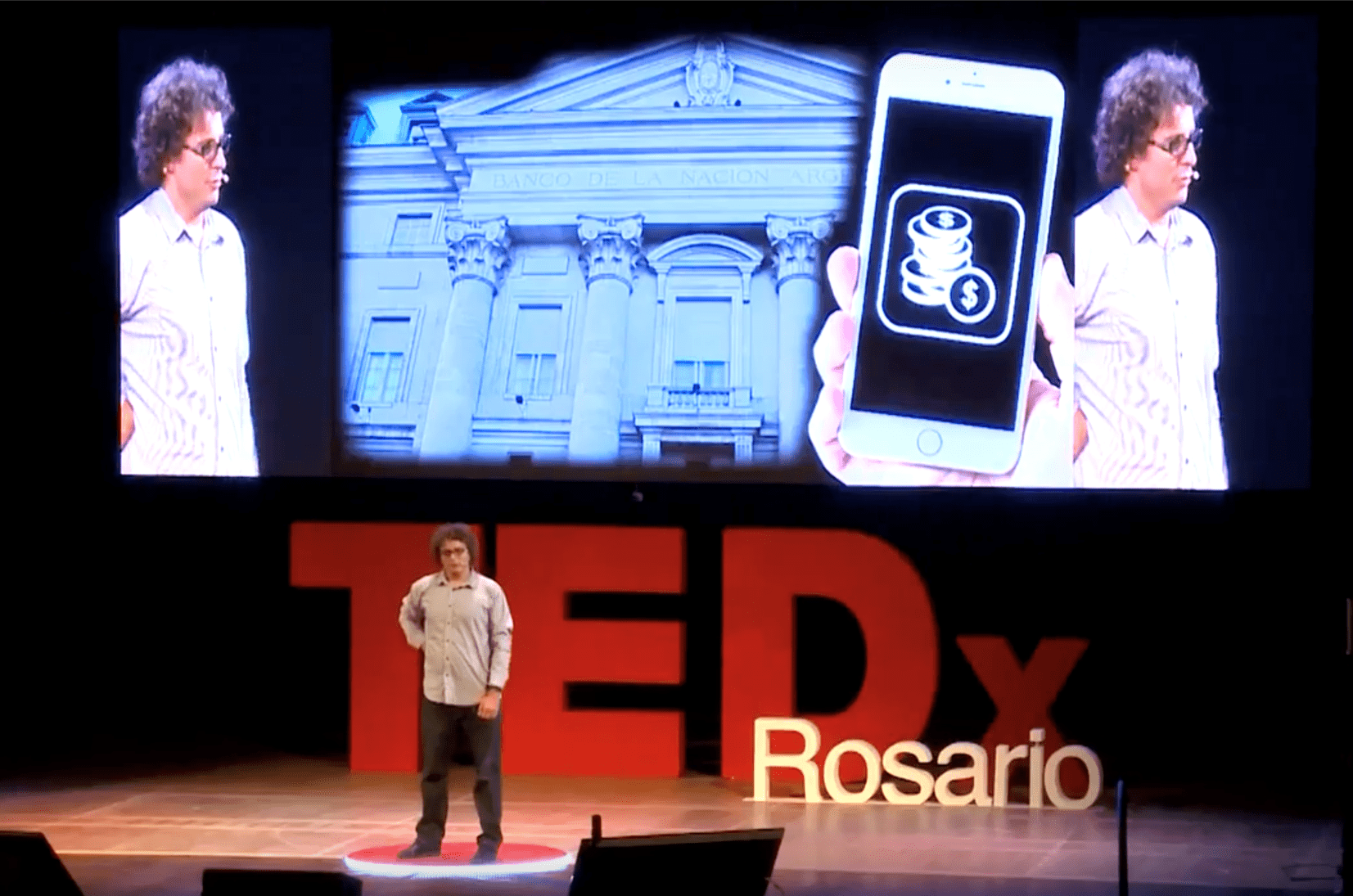How Kleros’ Blockchain Justice System Could Revolutionize Passenger Claim Arbitration
Share

APEX Insight: Kleros, a justice protocol incorporating blockchain technology, could be used to arbitrate airline passenger claims.
Disputes between passengers and airlines have become more public in recent years, often playing out in the court of social media. A startup called Kleros wants to disrupt this dynamic by building a justice protocol for the internet. Kleros’ system relies on concepts from game theory, cryptography and blockchain technology to gather evidence around a claim, select jurors and provide incentives for those jurors to make honest decisions.
Describing how this protocol could work for airline passenger claims, Kleros CEO Federico Ast told APEX Media, “As a passenger, imagine that you filed a complaint against an airline, such as ‘My seat was broken’ and two days later you got this email: ‘The jury has ruled for you in your dispute against Airline X. In compliance with regulator rules, the airline will send you a free ticket’.” The human element in this smart-contract resolution protocol is the key to the future of the justice system, explained Ast during his talk at TEDxRosario – partly because it leverages the dynamics of the ancient Greek legal system, which used regular citizens instead of professional court officials.
Kleros is bringing human intelligence to the smart contracts that run along the blockchain, since they are not smart enough to deliver subjective judgments, nor can they include elements from outside the blockchain on which they exist. The jury selection and reward systems are built around a digital currency: A potential juror makes a deposit in order to take part in an arbitration. If the juror is not selected, the digital deposit is returned. If the juror participates in a definitive decision, a reward is given. If the juror votes deviantly to the rest of the group, or is caught trying to game the system, the deposit is lost.
“Jurors systematically trying to game the system will lose money.” – Federico Ast, Kleros CEO
“If I self-select into an airline disputes court, while knowing nothing about airline disputes, it’s likely that my vote will be deviant from other jurors (who are likely to be experts in the field),” said Ast. “I may be lucky a couple of times and vote coherently. Just as you can be lucky if you go to the casino a couple of times. But in the long run, cold, hard math prevails. Jurors systematically trying to game the system will lose money.”
When trusting a decision to strangers, expertise and what constitutes cohort agreement are obviously important. “A big part of Kleros is about conducting research on what should the optimal point to define when a juror is ‘deviant’,” Ast explained. “One member of our team with a PhD in mathematics is devoted full-time to answering that question.” The Kleros incentive system is designed to guide jurors to fields in which they have legitimate expertise, and where they will vote honestly.
Kleros released a white paper with more detail for blockchain-hungry readers, though its examples focus on disputes based in digital space. However, it’s easy to see applications for this sort of technology in industries whose operations span numerous borders and jurisdictions. An independent arbitration system could bring satisfaction to passengers more quickly, while also taking weight off of airline customer service teams and their social-media-management colleagues.


